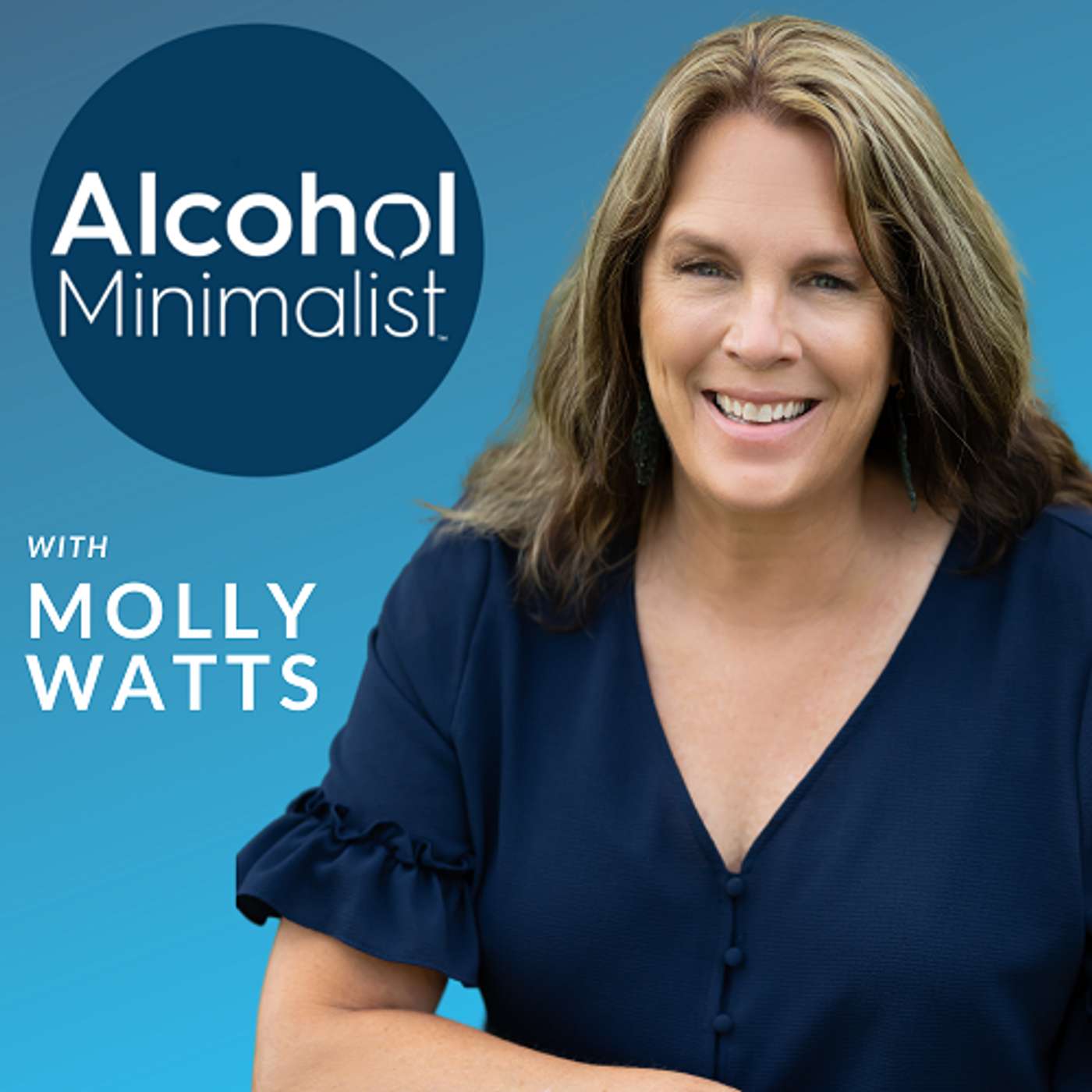Listen "Think Thursday: Selective Ignorance-Protecting Your Brain's Most Valuable Resource"
Episode Synopsis
In this Think Thursday episode, Molly explores why sometimes not knowing can actually make you calmer, more focused, and more creative. Continuing the theme of counterintuitive brain science, she builds on previous Think Thursday episodes like The Paradox of Freedom, Novelty for Habit Change, and last week’s Defensive Pessimism to show how Selective Ignorance helps protect the brain’s limited capacity for attention, energy, and emotion.What You’ll LearnWhy so many principles of neuroscience and psychology feel counterintuitive at firstHow your brain filters 11 million bits of information every second through the reticular activating systemWhy constant news, emails, and notifications drain your mental energyHow dopamine drives curiosity and why too much novelty burns it outWhat studies show about the benefits of “information fasting” and reduced mental inputPractical ways to practice Selective Ignorance to improve focus and reduce stressKey Quotes“The people who make meaningful change aren’t the ones who know the most—they’re the ones who filter the best.” — James Clear, Atomic Habits“Sometimes not knowing helps you know yourself better.” — Molly WattsPractical TakeawaysCurate your inputs. Follow fewer, higher-quality sources.Schedule mental quiet. Set “ignorance hours” for digital silence.Replace input with reflection. Journal, walk, or sit in quiet thought.Remember the enough threshold. Progress comes from applying what you already know, not learning more.Studies and Sources MentionedClear, J. (2018). Atomic Habits – Selective Ignorance and focusLevitin, D. (2014). The Organized Mind – The attention economyStanford University and University of London – Research on multitasking and IQKillingsworth, M. & Gilbert, D. (2010). Science – Mind-wandering and happinessPsychological Science (2015) – Information fasting and creative problem solvingDesimone, R. & Duncan, J. (1995). Annual Review of Neuroscience – The biased competition model of attentionRelated Think Thursday EpisodesDefensive Pessimism—How Planning for the Worst Helps You Do Your BestThe Paradox of FreedomNovelty for Habit ChangeThe Neuroscience of Mental RestSilence Is GoldenNeurodivergence and the Brain’s Energy Economy
★ Support this podcast ★
More episodes of the podcast Alcohol Minimalist: Change Your Drinking Habits!
Think Thursday: The Power of Visual Triggers
13/11/2025
Revisiting: How to Avoid Binge Drinking
10/11/2025
Revisiting-Think Thursday: The Privilege of Self-Improvement-Why It's Awesome to be Human!
06/11/2025
Becoming Someone Who Desires Alcohol Less
27/10/2025
Celebrating Without Alcohol
20/10/2025
 ZARZA We are Zarza, the prestigious firm behind major projects in information technology.
ZARZA We are Zarza, the prestigious firm behind major projects in information technology.
